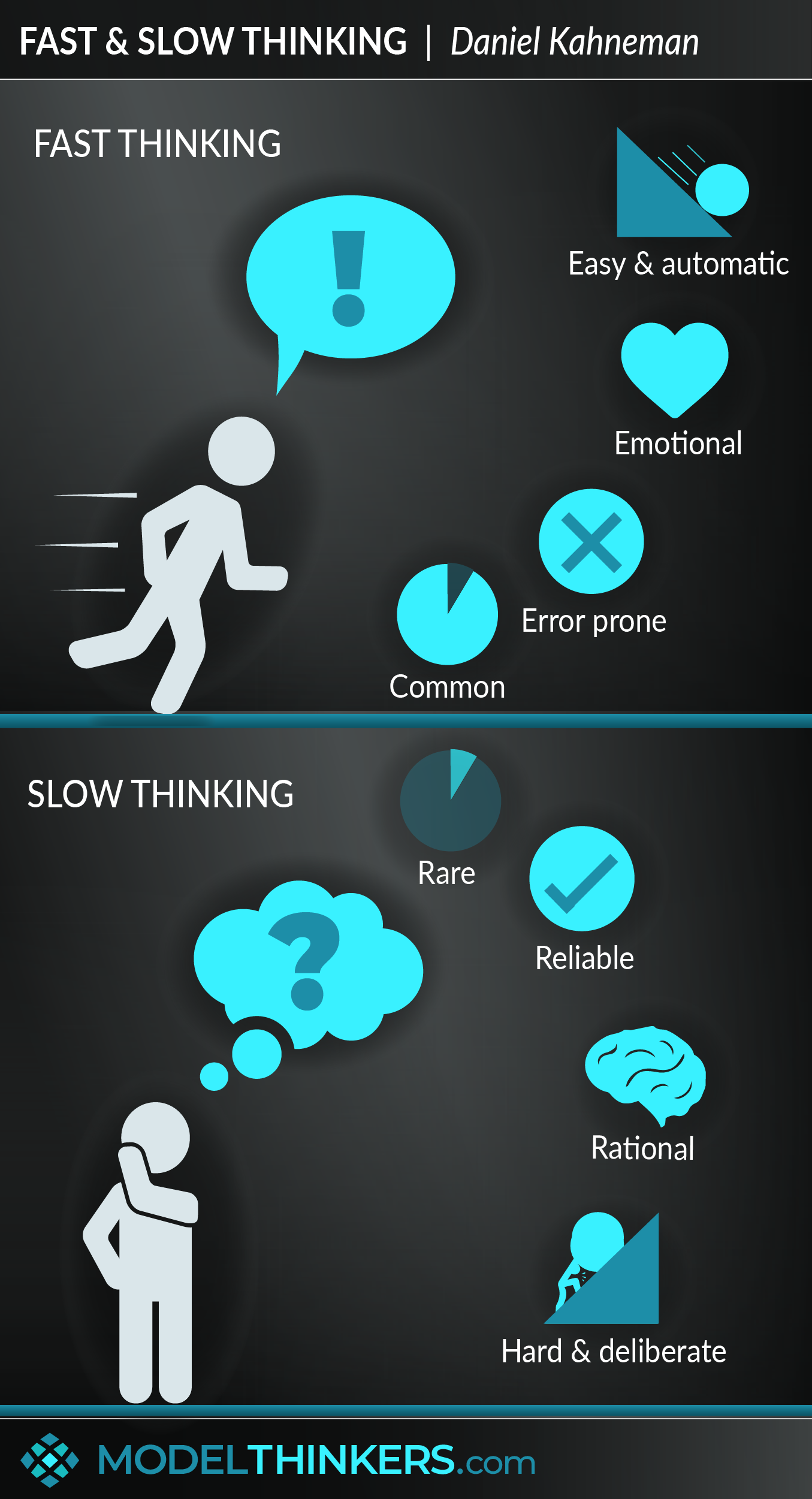
They may rely on using rhymes, alliterations, or puns and create sentences that don’t make sense. Clanging or clang associationĪ person with clanging thought process makes word choices based on the sound of the word rather than the meaning of the word. They maintain their original train of thought but provide a lot of unnecessary details before circling back to their main point. People with circumstantiality, also known as circumstantial thinking, or circumstantial speech, often include excessive irrelevant details in their speaking or writing. Thought blocking is common in people with schizophrenia. When they start talking again, they often change the topic of conversation. They might pause for several seconds or minutes. People with thought blocking often interrupt themselves abruptly mid-sentence. Alogia is often seen in people with dementia or schizophrenia. People with this form of thought disorder rarely speak unless prompted. People with alogia, also known as poverty of speech, give brief and unelaborated responses to questions. These are some of the most common types of thought disorder: Alogia However, a disruption in the interconnectivity of ideas is present in all types.Įven though it’s common for most people to display some of the symptoms of thought disorder occasionally, thought disorder isn’t classified until it negatively affects the ability to communicate.

Its loose definition is any disturbance in the organization and processing of ideas.Įach type of thought disorder has unique symptoms. Thought disorder first appeared in scientific literature in the 1980s, when it was first described as a symptom of schizophrenia. Types and symptoms of thought process disorder


 0 kommentar(er)
0 kommentar(er)
